FOTECE Plants First Career Training Seeds on Holy Ground
-
Parent Category: Issue
-
in Issue 4/17
By EADM Correspondent
In Summary: This was long overdue! We want more of such workshops! This has been an eye opener! Consider scheduling such mentoring events quarterly! This was well worth the time and energy! Similar events would cost over $500 elsewhere! You have invested in the community; we will not let you down! Those were some of the sentiments echoed by a cross-section of participants at the first ever career guidance and professional development workshop conducted by the Foundation for Transformative Education and Community Engagement (FOTECE) in Hurst, Texas. The event took place at a church. The symbolism was inescapable; it was a holy ground. Participants’ demographics never disappointed either. The diversity, enthusiasm, confidence, and optimism were gratifying. Nothing better could have reflected the futuristic theme of the workshop. The presentations were as inspiring as they were prophetic. “You have definitely planted your first seeds on holy ground,” the host pastor prophesied. No doubt, the purpose and relevance of the trailblazing training was right on target. What more? It drew an Oliver Twist chant; “give us some more!” Who could begrudge the seekers?
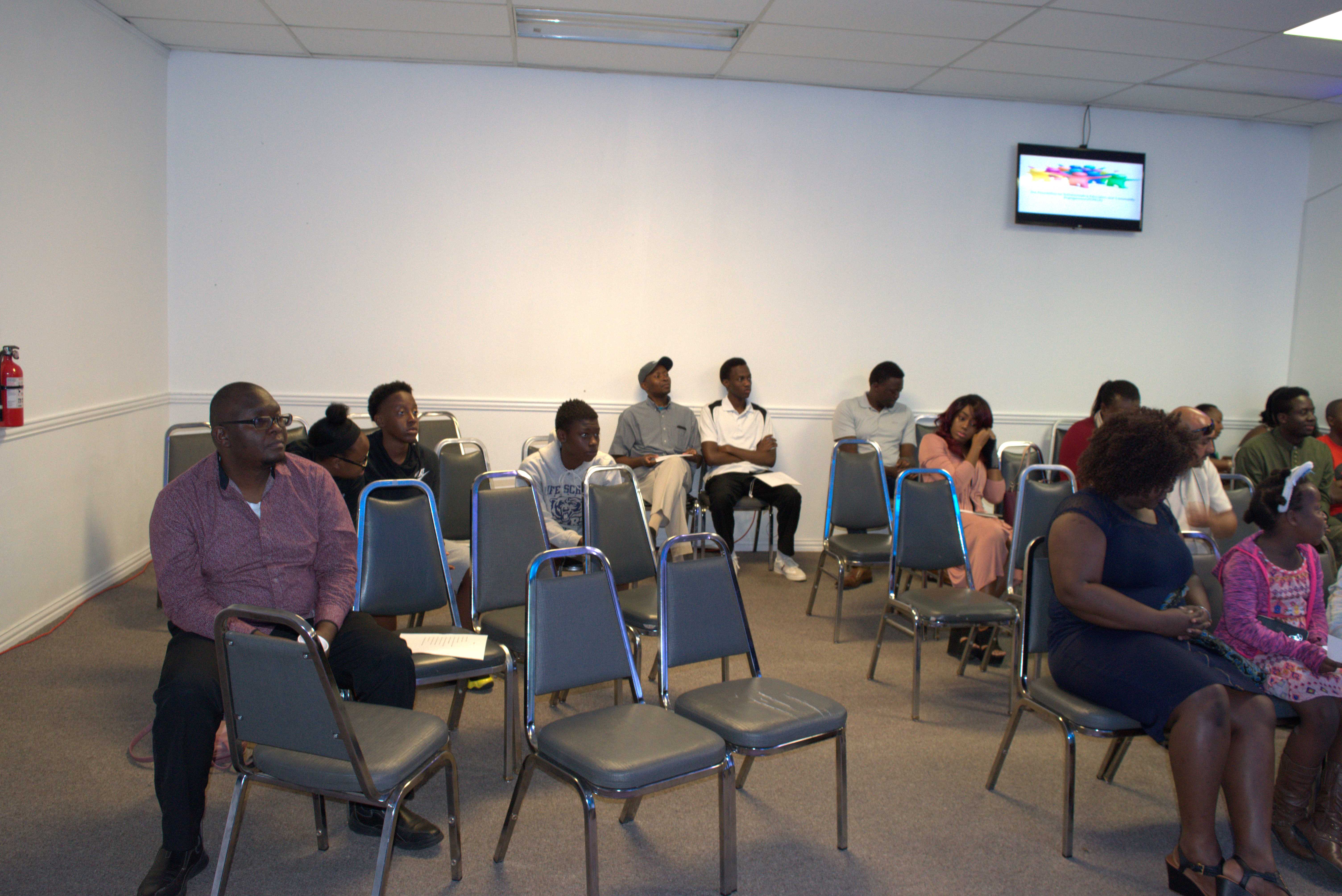
Hurst, Texas—the first ever career guidance and professional development training for Ugandans living in the Dallas Fort Worth (UAA-DFW) in Texas is receiving revving reviews from both participants and educationists across the country. “The workshop was an eye-opener and should become a regular event on the community calendar to fully benefit children, student, parents, and working professionals,” Owek. Frank Sentamu, a former President of the Uganda American Association of greater Dallas Fort Worth (UAA-DFW) and participant at the workshop said during the question and answer session. Owek. Frank Sentamu, who also doubles as the deputy representative of the Kabaka of Buganda in the Southwestern region of the USA proposed that FOTECE considers initiating a scholarship fund to motivate some of the outstanding college-bound students in the community. FOTECE took the proposal in good stride and promised to discuss the suggestion during its post-workshop meeting.
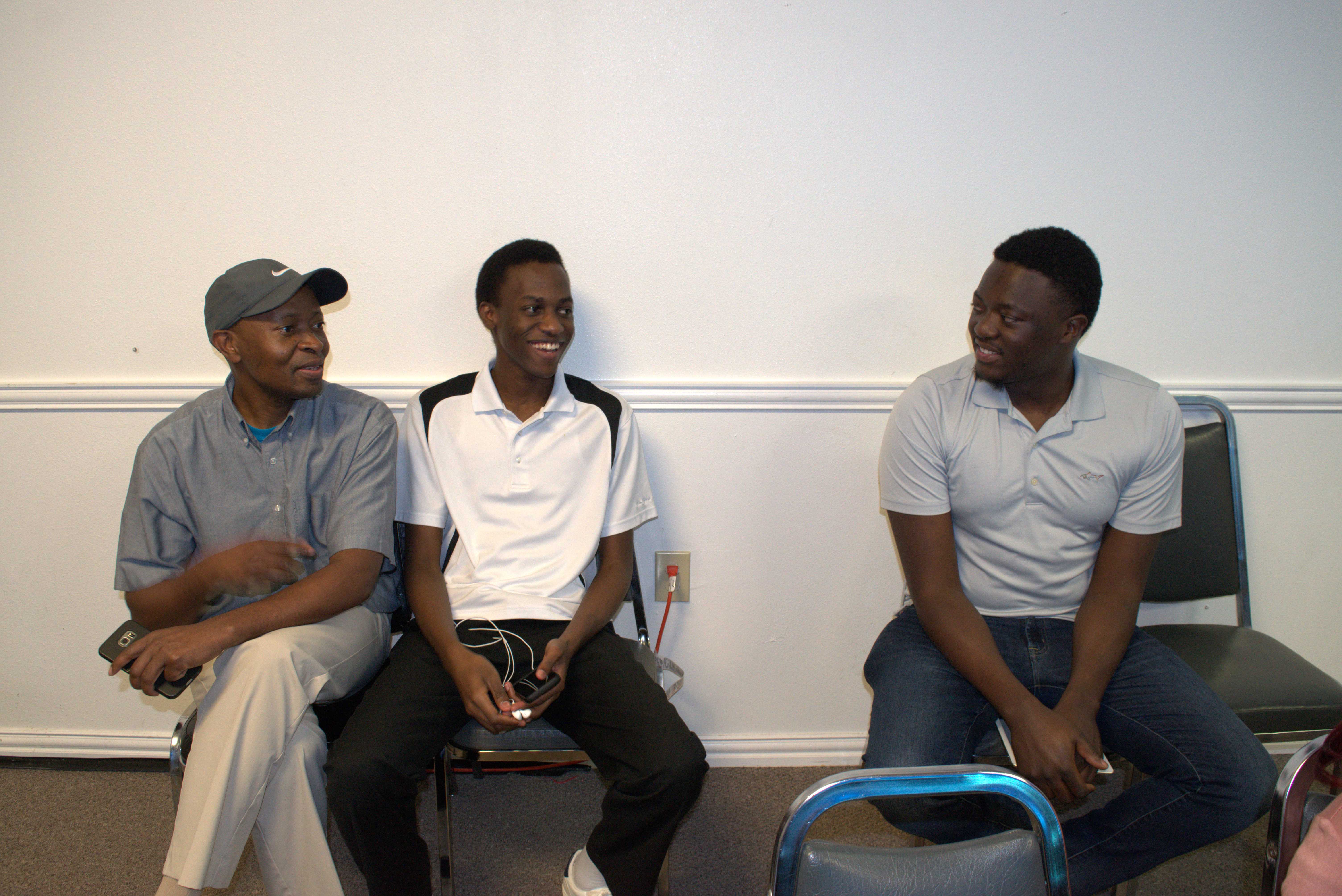
The first-ever career guidance and professional development workshop drew children, parents and students not only from the Ugandan community but from other residents including Kenyan, Congolese, Rwandan, Malawian, Tanzanians, Hispanic, and other communities living in the DFW area. The participants’ demographics were tremendously inspiring. The diversity, enthusiasm, confidence, and optimism were gratifying. Nothing better could have reflected the futuristic theme of the workshop: “Toward Guiding and Inspiring Youngsters and Working Adults to thrive in the 21st Century”.
To compound the diverse participation at the workshop, the Secretary of the Ugandan North American Association (UNAA) Mr. Peter Mukunya was in the house. The event was also graced by three former presidents of the UAA-DFW area; Rev. Joseph Kamugisha, Owek. Frank Sentamu and Lambert Etibot with the current UAA-DFW president, Mr. Cyrus Mukisa in tow.
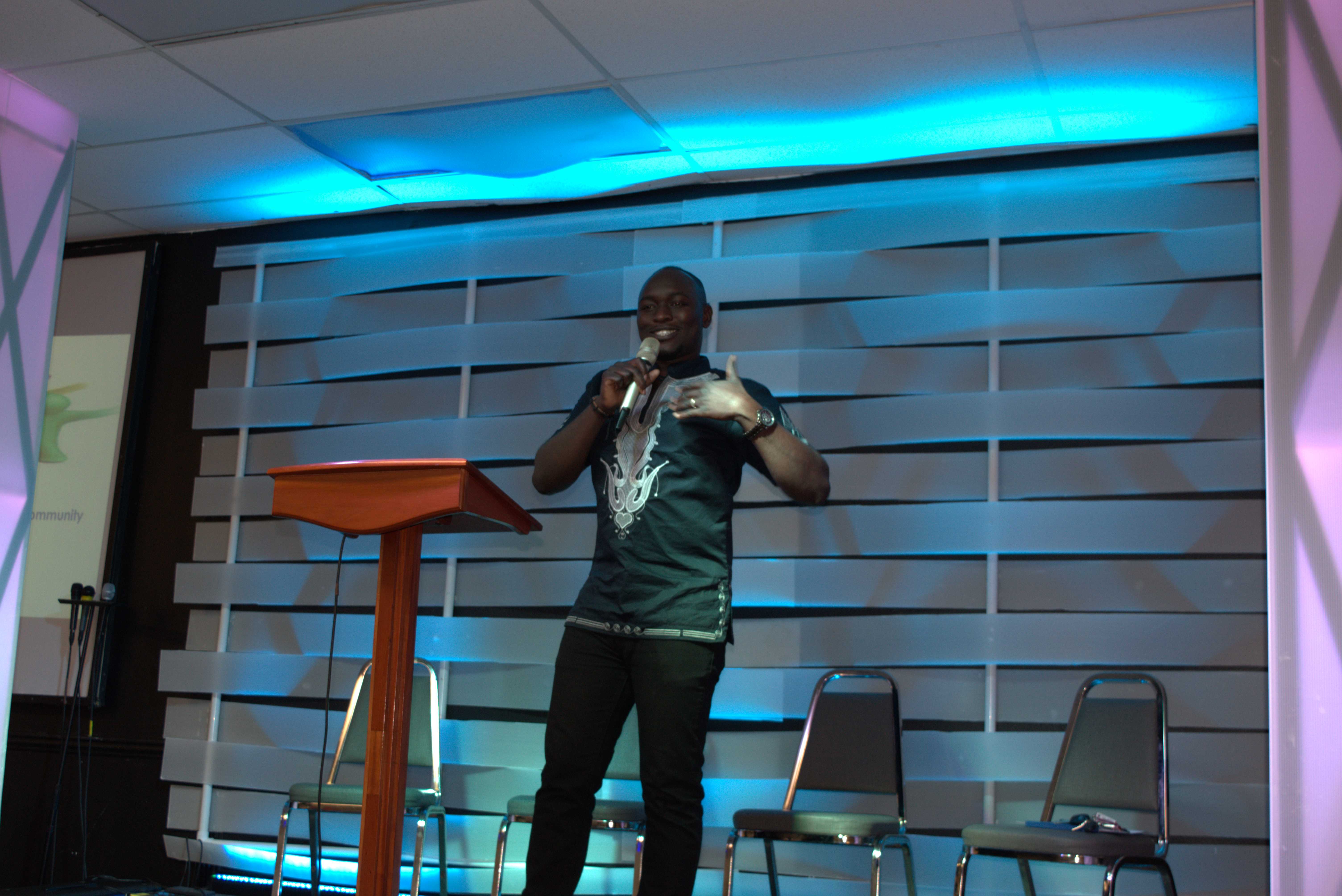
Referencing a comment by Owek. Frank Sentamu, the immediate former president of the UAA-DFW community Mr. Lambert Etibot told the EADM: “Take that proposal as an endorsement and as a compliment of your community outreach initiative.” During the workshop, Mr. Lambert Etibot also served as the Master of Ceremonies and humorously worked the microphone as he kept participants abreast with the entire goings on. Mr. Lambert Etibot challenged the participants to fully optimize every piece of information shared at the workshop to improve their personal lives, their families, and community.
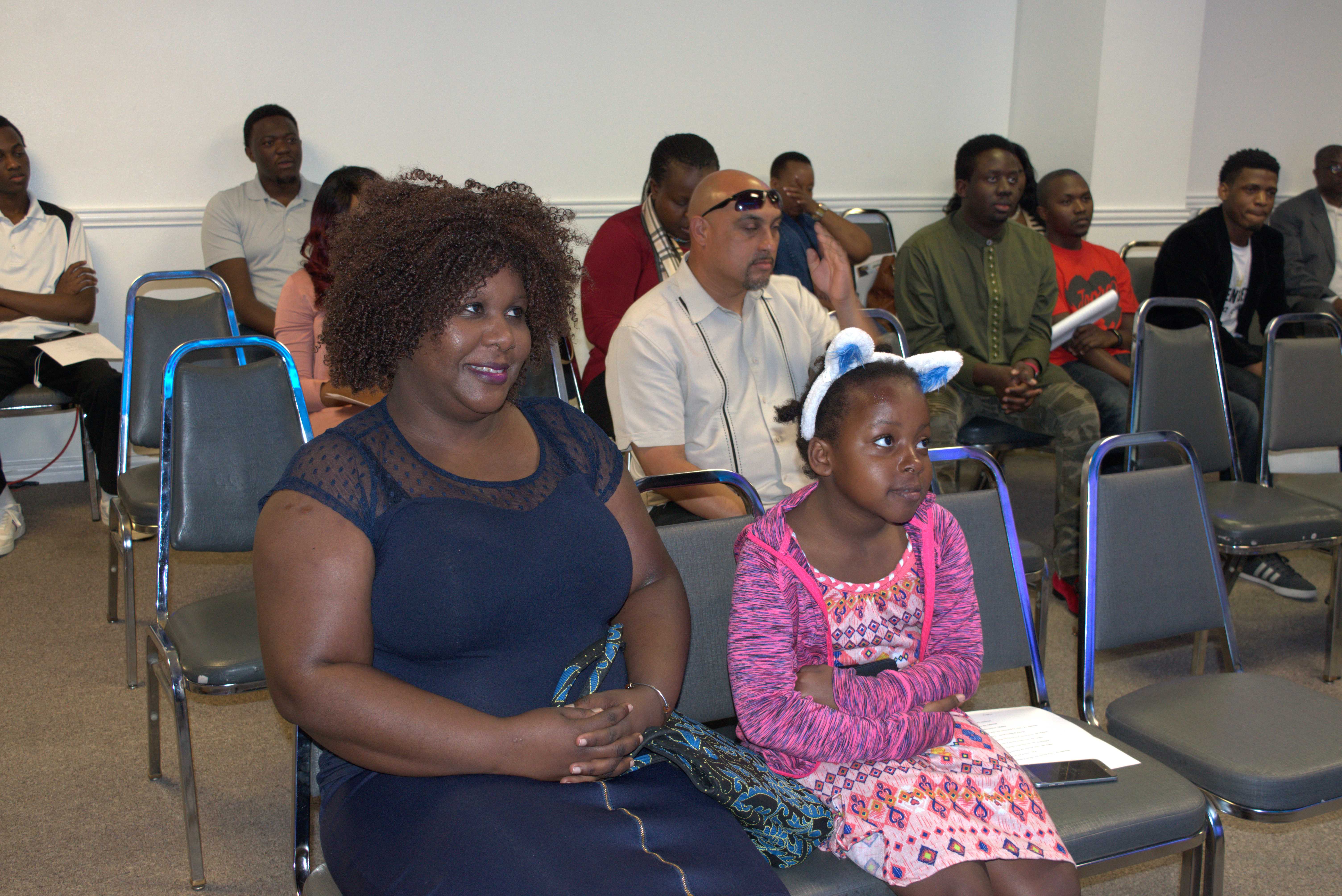
The maiden career guidance and professional development workshop, conducted by the Foundation for Transformative Education and Community Engagement (FOTECE) and the Heavenly Bridge Church (HBC) in conjunction with the leadership of the Uganda American Association of greater Dallas Fort Worth (UAA-DFW) community was held at the Heavenly Bridge Church along Pipeline Rd in Hurst, Texas recently. The symbolism of the venue was inescapable; it was a holy ground. During the 3-hour informational and interactive workshop, every participant came out with something. Panelists offered inspirational and mentorship tips to children, students, parents, and working adults. FOTECE planted the first seeds; ideas they hope will trigger transformative engagements and fulfilling outcomes in the lives of participants and those they will interact with. “We have every hope that the seeds planted by FOTECE today will germinate and bear fruit that will help change some of us and others in society,” one of the participants said during the question and answer session.
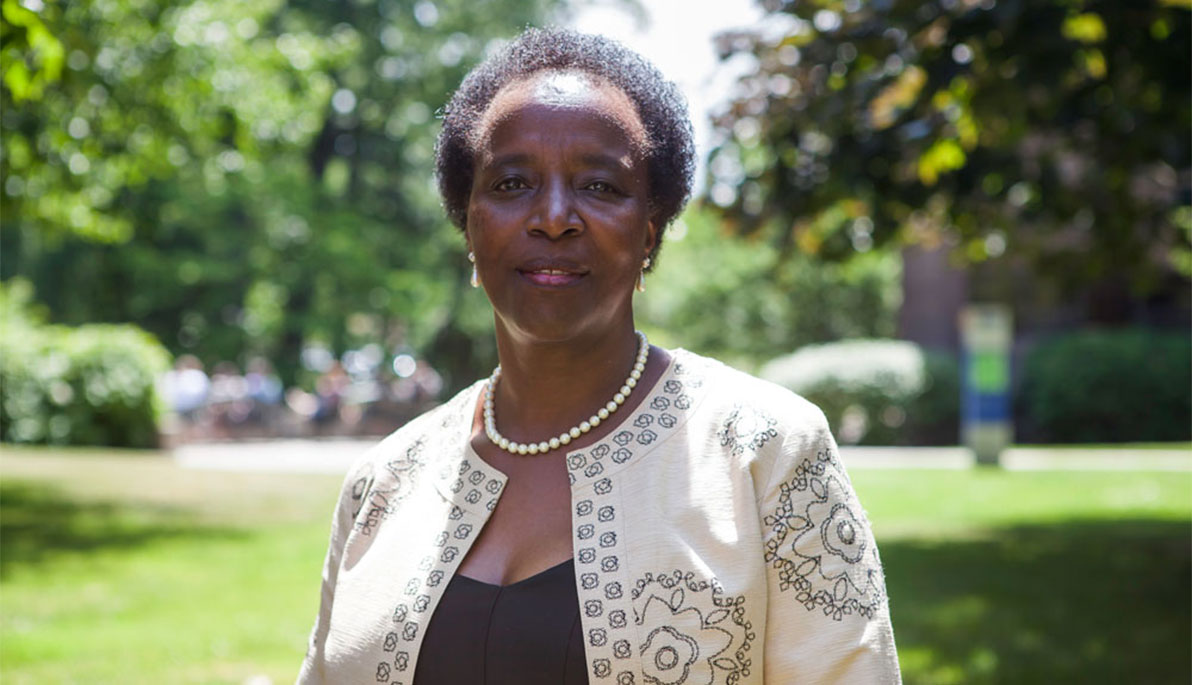
Following the events with other educationists from her base at the University of New York, Dr. Lillian Niwagaba Butungi, the chairwoman of FOTECE said: “Our goal at the workshop, the first of its kind for Ugandans living in the DFW area, is to plant seeds in the rich fertile soil of the participants’ minds, nourish them, and ensure they thrive in the 21st Century.” During a preparatory meeting for the workshop, Dr. Nuwagaba reminded FOTECE founders that pulling off the career guidance and professional development workshop would be a step in doing proud the East African higher education leaders who visited us in 2009. “The visit by the East African higher education leaders to the University of North Texas (UNT) and surrounding colleges inspired us to start thinking about forming FOTECE,” Dr. Lillian Niwagaba Butungi said.

The founders of FOTECE are Ugandan born individuals who have attained higher education in the United States. They are “hybrid” professionals’ whose life experiences both in Uganda and the United States has prepared them for such initiative. FOTECE was duly registered in the State of Texas, USA in 2014. The organization continues to seek and attract highly qualified professionals in the Diaspora who share similar values and are prepared to make a contribution to FOTECE’ vision and mission in Uganda, Africa, and in other developing countries.
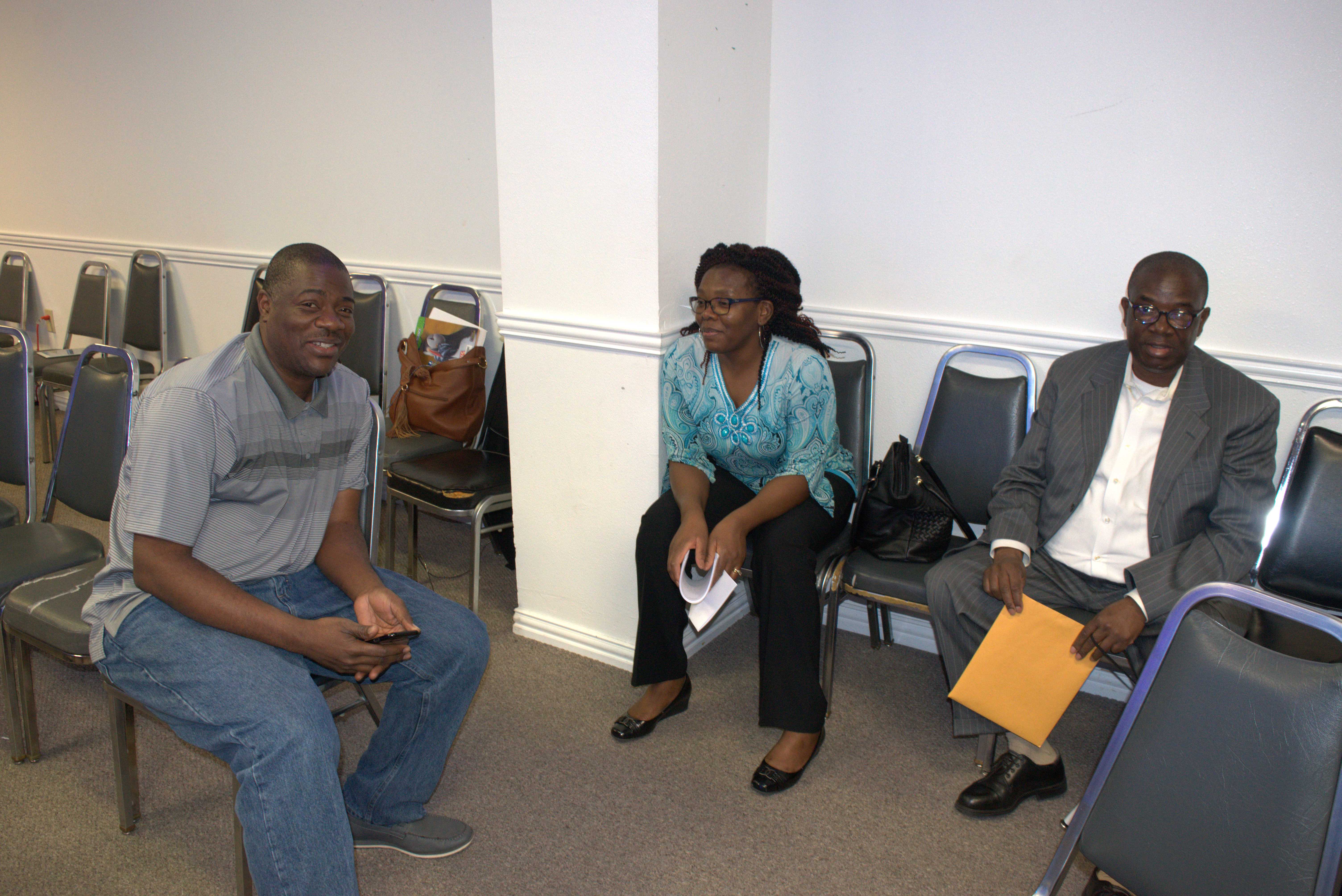
The declared aspiration of FOTECE to seek and attract other Ugandan experts in the Diaspora to join the organization was not lost on Rev. Joseph Kamugisha. He saluted the founders of FOTECE for conducting such an educative seminar to help prepare and inspire community members thrive in the 21st Century. “However, there are other highly qualified professionals living in the DFW area but belong to different generations that you may consider inviting to participate in your programs,” he advised. I appeal to you to reach out to those other highly educated Ugandans in the DFW area, interest them in your programs, bring them on board, and encourage them to make a contribution to the realization of your mission and vision,” he said.
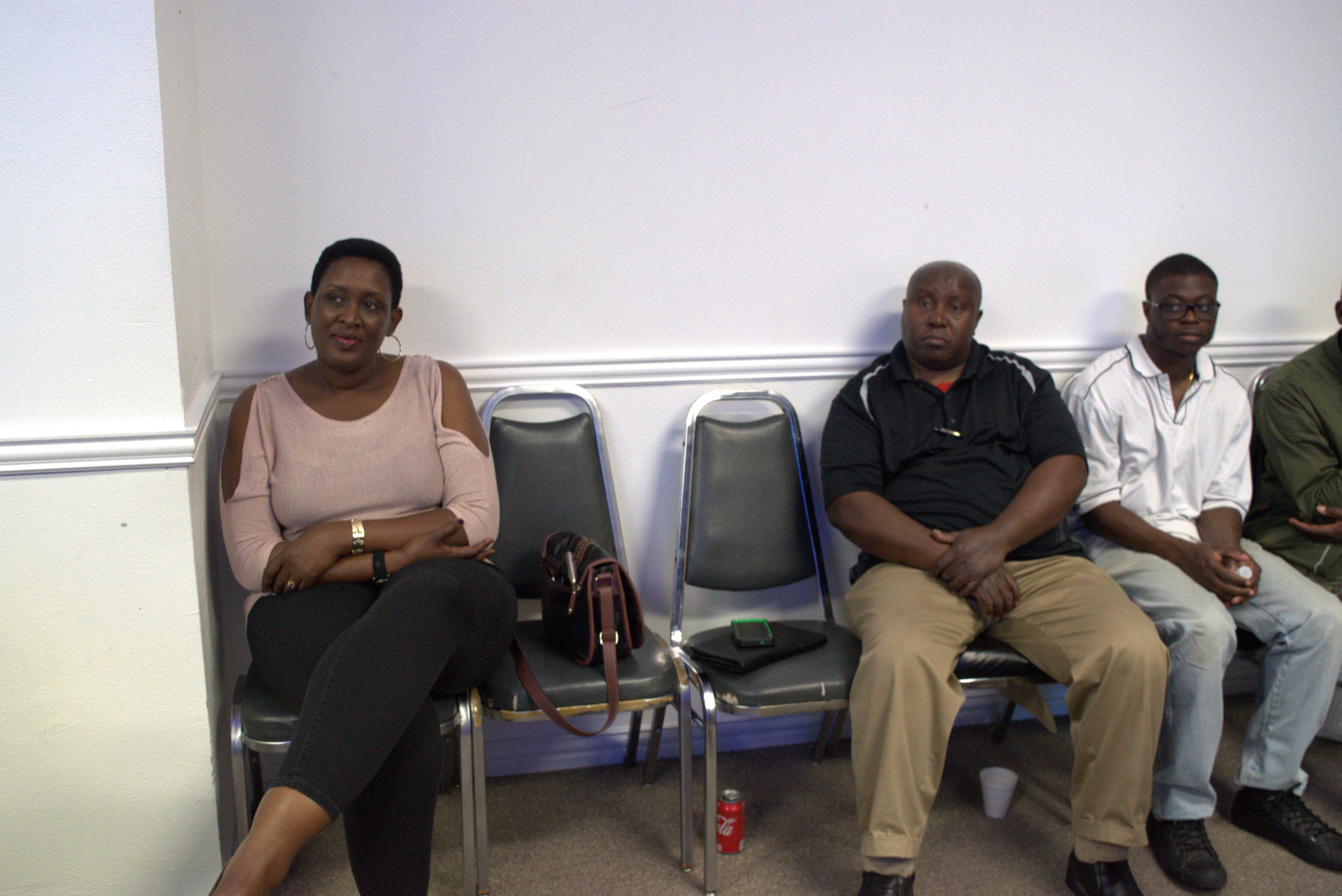
One of the participants, Ronnie Byaruhanga, a recent graduate from the University of Texas at Austin and currently working with McKesson Corporate observed: “We often pay about $500 to attend such seminars elsewhere which are sometimes not as informative, valuable, and interactive as this one which we have fully benefited from at no cost.” “Receiving such priceless information and invaluable experiences from scholars within our community at no cost is a game-changer for me,” a student at the University of Texas at Arlington, originally from the Democratic Republic of Congo (DRC) said. “We salute you and want more of such workshops to inspire and prepare us for success in future,” a student participant preparing to join graduate school this fall prayed.
More affirmative and complimentary sentiments were echoed by a cross-section of participants at the maiden career guidance and professional development workshop conducted by FOTECE. “You have invested in the community; we will not let you down,” one of the parents with three college bound students said. “This was well worth the time and energy,” a mother with a special needs child told the workshop. “This was long overdue; we request you to consider scheduling such mentoring events quarterly,” an aviation engineering student attending graduate school at the University of North Texas from Kenya observed.
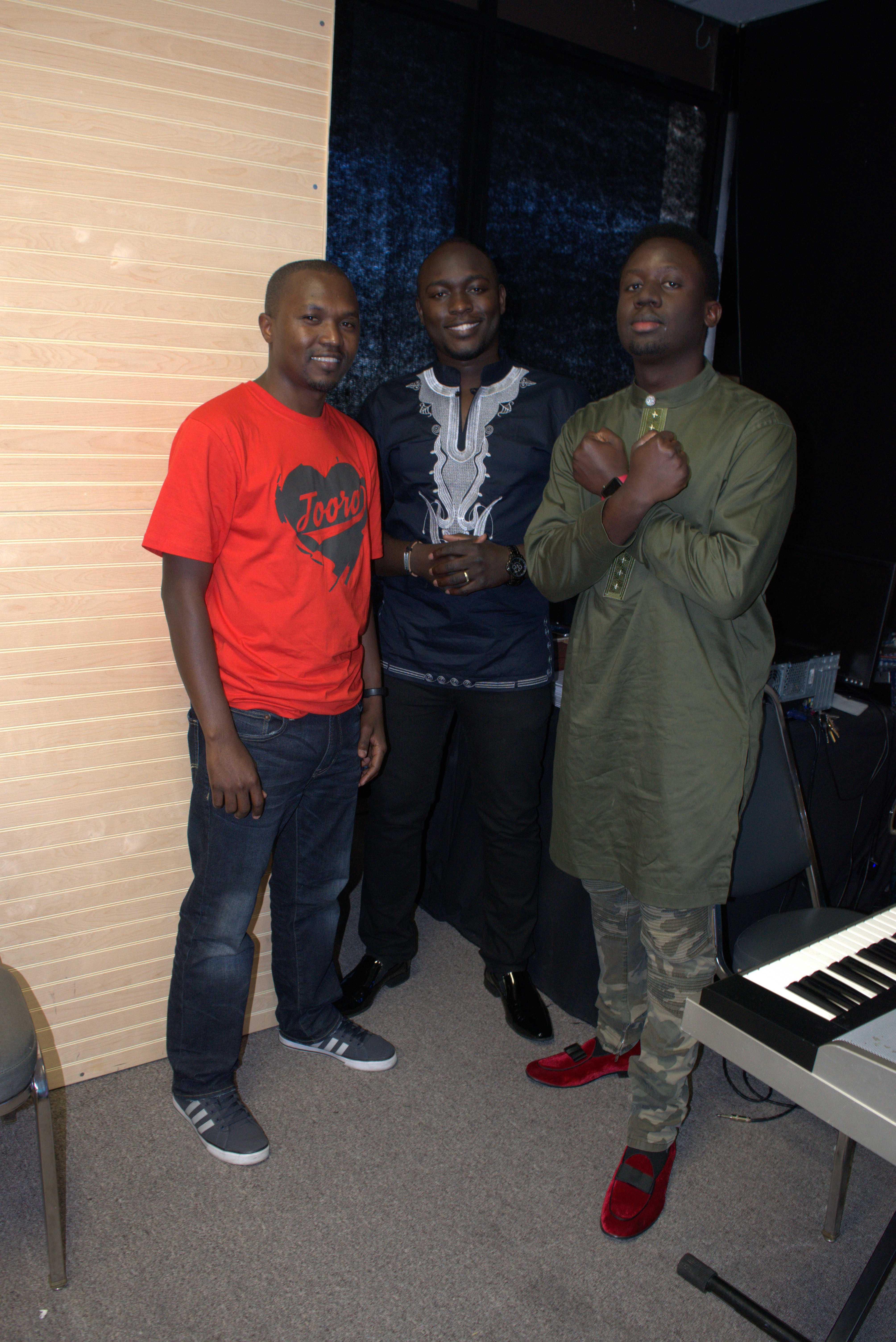
The revving reviews from both participants and educationists across a wide spectrum of disciplines left no doubt as to who will thrive in the 21st Century. “It is those who are committing to lifelong learning; those acquiring new skills, those improving their old skills, those ready to embrace both formal and informal education, and those prepared to think outside the box will become competitive, and always a step ahead of others,” a prominent educationist at the University of Oklahoma who spoke to the EADM to comment on the purpose of the FOTECE workshop observed. Beyond the raring reviews, there were also calls to action. “We came to learn, we have learned, and now the onus is on us to put into action the knowledge we have acquired,” a mother of four youngsters and wife of one of the FOTECE founders observed. No doubt, the purpose and relevance of the trailblazing training was right on target.

Not to be outdone, the Secretary of the Ugandan North American Association (UNAA) Mr. Peter Mukunya not only offered kudos to FOTECE and the host Heavenly Bridge Church but also led participants through a short body movement session to ensure that they remembered all that they had learned. He also announced that the UNAA secretariat had already secured a conference room for the education forum to be conducted by FOTECE at the forthcoming 30th UNAA convention at the Hyatt Hotel in Seattle, Washington State during the Labor Day weekend.
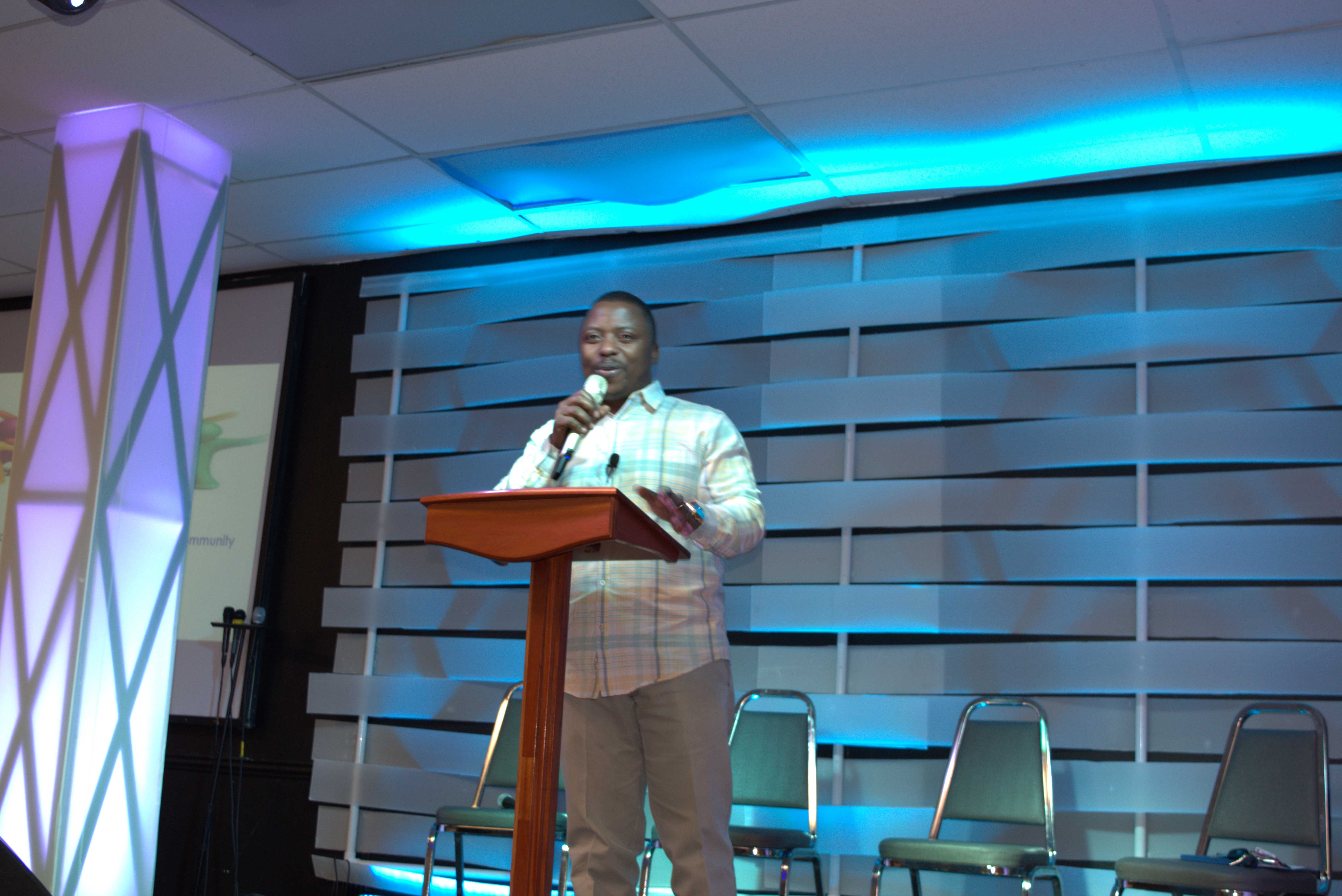
Earlier, Pastor Moses Akitwine, the host and strong proponent of introducing life-long skills to children during their formative years blessed the event with an opening prayer and prophesied that deliberation at the seminar will be like seeds that fall on fertile ground, germinate, and blossom into fruits that will be reaped by both participants and others. He told participants that the Heavenly Bridge Church plans to unfold a skills and mentorship program for youth this summer. “The project will create a platform for mentoring youth and introducing them to skills that will have a lasting impact on them and the community,” he said. He explained that the church project will be achieved through identifying individuals with talent and expertise in the community to serve as volunteers and mentors to facilitate the exposure and connections of the youths to future careers. “The venture will therefore succeed in partnership with parents, individuals, churches, businesses, schools and other similar groups, “Pastor Moses Akitwine stressed.
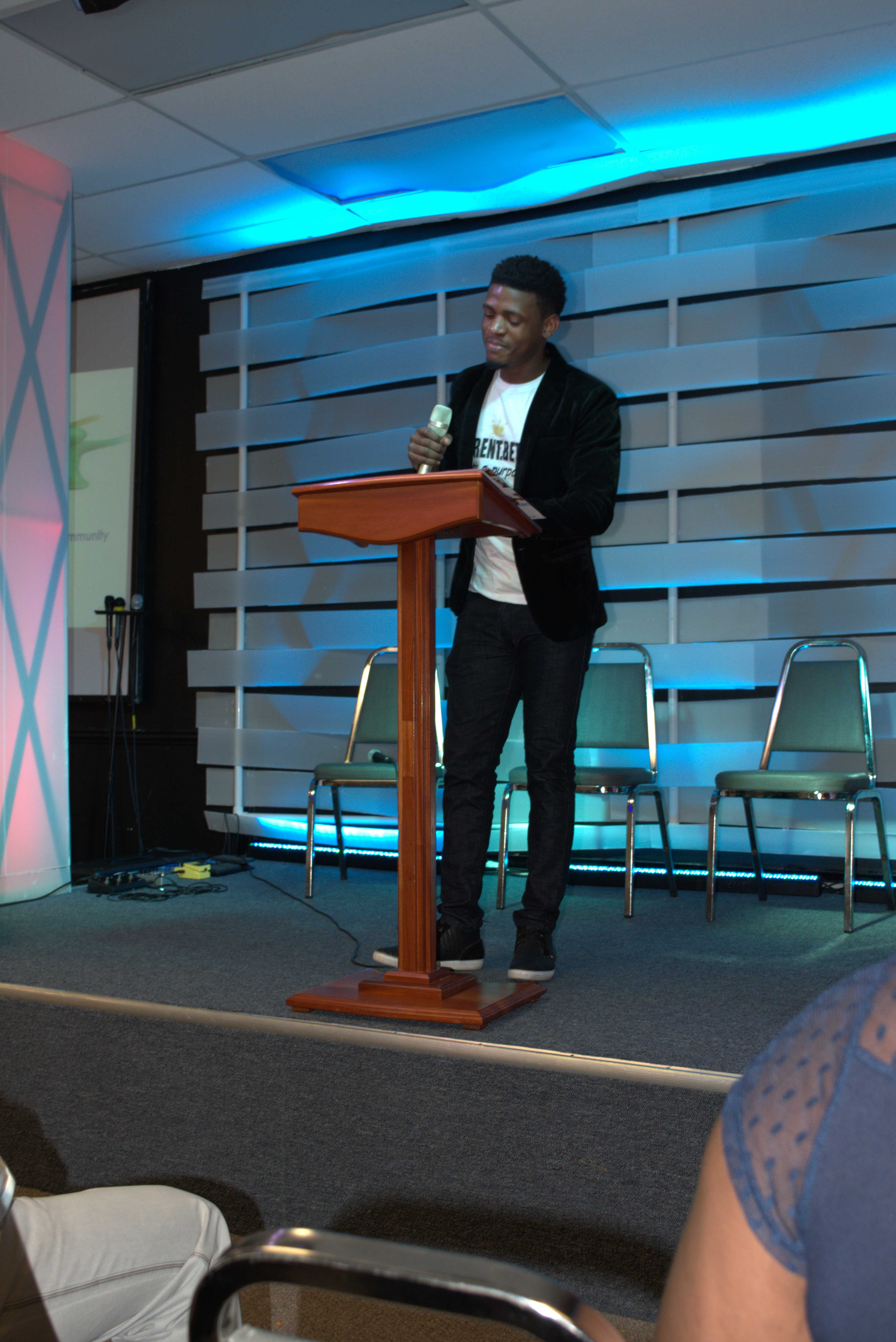
While opening the workshop, Mr. Cyrus Mukisa, the president of the Ugandan-American Association of Greater Dallas-Fort Worth (UAA-DFW) said the workshop was timely and beneficial to all community members. “As leaders, we are proud to associate and work with FOTECE, an organization founded by experts in the community who have come out to share their skills and resources with us,” he said. “The leadership endorses and supports such partnerships to help inspire both youngsters and adults to move the entire community forward”, Mr. Mukisa said. Citing from Confucius, Mr. Mukisa admonished the participants to embrace the training that has been made freely available to them: “If you are not willing to learn, no one can help you. If you are determined to learn, no one can stop you.” The UAA-DFW president asked FOTECE to work with his administration to plan and conduct a quarterly career guidance and professional development event on the annual community calendar.
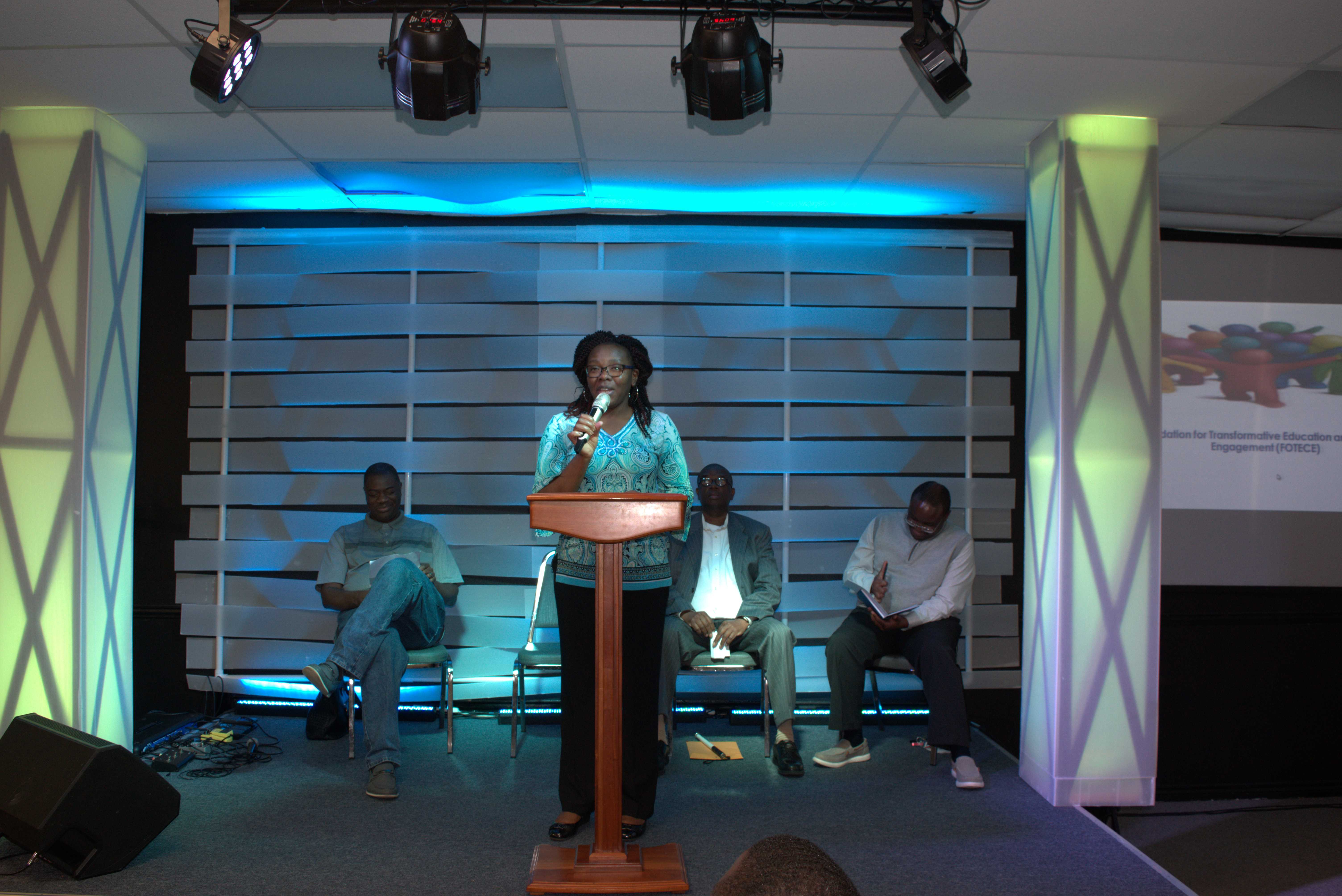
Earlier, FOTECE founding members made captivating presentations on five broad topics before yielding to an animated and interactive session. None could have fired the first salvo better than Dr. Namalefe Thorpe, the executive secretary of FOTECE. Leading from the front, she gave a graphic description of FOTECE; the historical background to its formation, the founding members, and the mission they set out to accomplish, the vision they aspired to realize, the objectives, and the philosophy and values they espouse. Punctuating her presentation with lightening humor, Dr. Susan Namalefe Thorpe said FOTECE primary objective is to improve the welfare of Ugandan communities through transformative education wherever they live. “This value proposition ensures that programs delivered by FOTECE are data-driven and are consistent with what respective communities aspire to attain as primary stakeholders in a social transformation process through sustainable and joint activities,” she said. “Although FOTECE’s value proposition is context-specific, it embeds elements that can be modified and applied to suit other social contexts,” Dr. Susan Namalefe said.
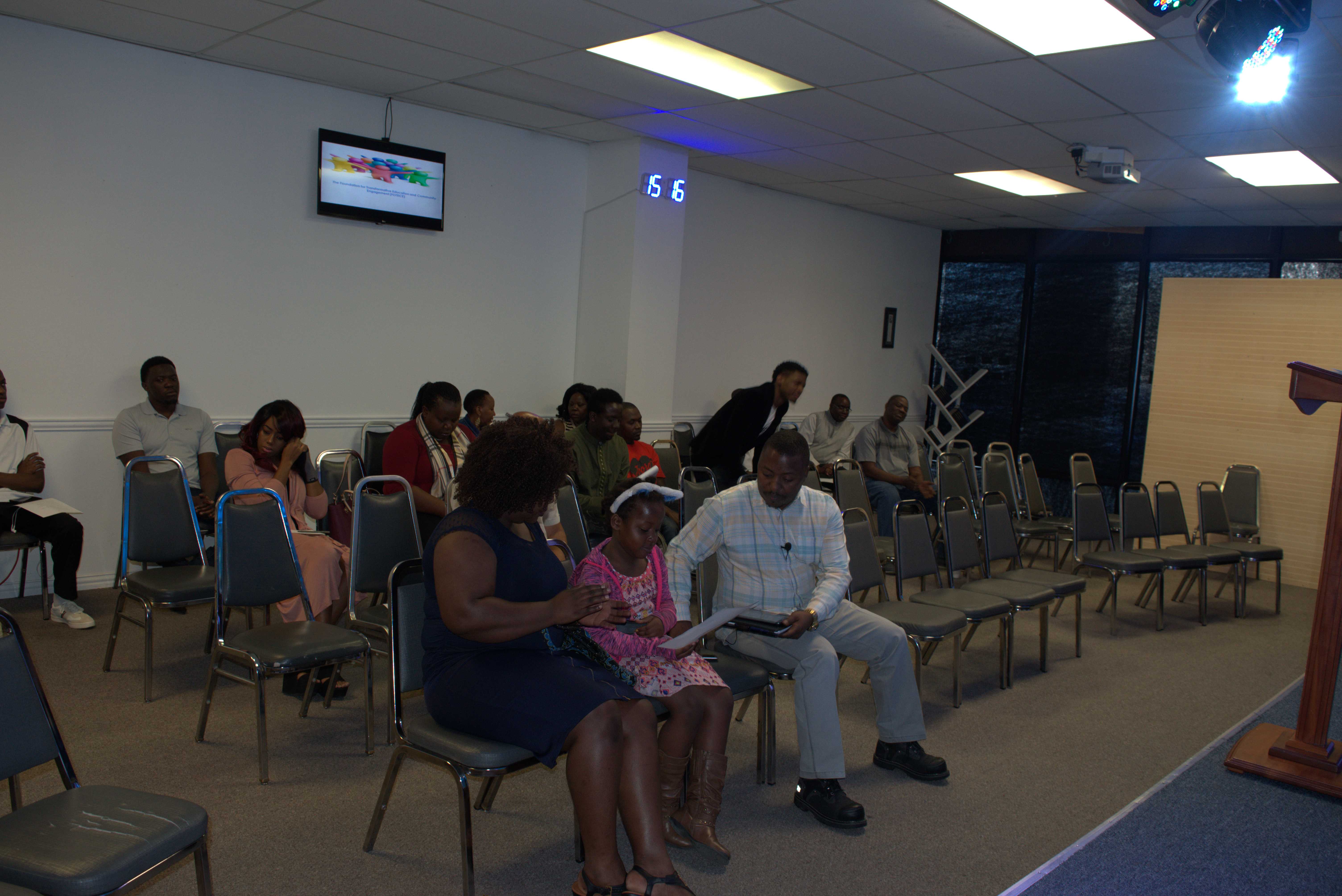
Dr. Susan Namalefe described the vision of FOTECE as one that seeks to empower communities to take control of their cultural, social and economic development while its mission is to educate Ugandan children and adults to ensure a prosperous future for individuals, communities, the nation, and the world. “FOTECE embraces a philosophy which emphasizes that communities become better places through education if the people understand what they are doing, why they are doing it and what the transformation of their futures and livelihoods looks like,” she said as she flashed her disarming Colgate smile. “This philosophy is founded on FOTECE’s cherished values of Ubuntu (humanness); integrity; impact; accountability; and inspiration,” the higher education specialist told the attentive audience. She explained that FOTECE is inspired by Mwalimu Nyerere’s adult learning philosophy and education for self-reliance and community transformation through critical thinking and innovation. While she cited Nelson Mandela: “Education is the only weapon which you can use to change the world,” she added that FOTECE’s tagline is “Living is learning and learning is about trying to live better.”
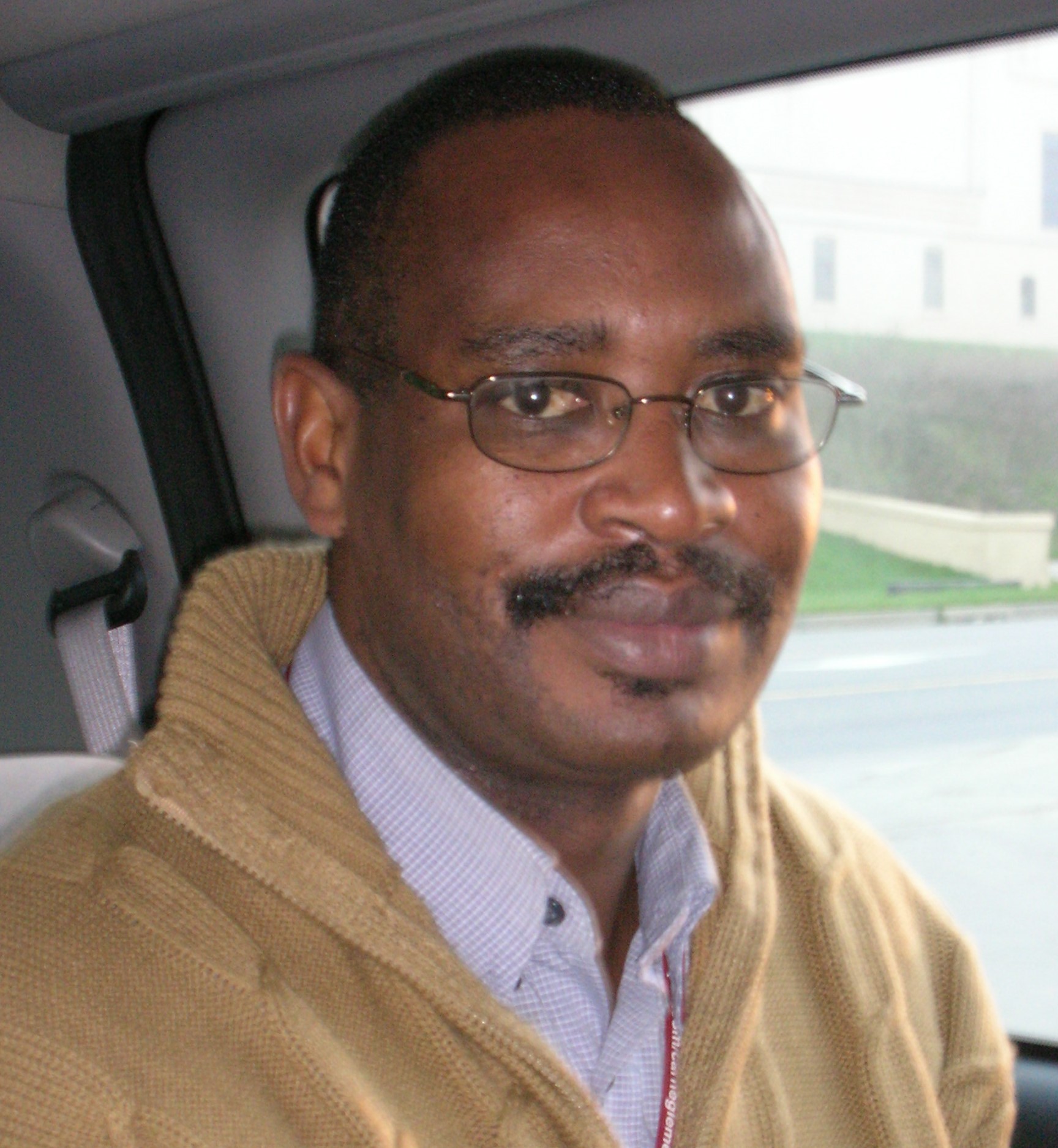
Dr. Eugene Angelo Arigye, FOTECE’s external director, who joined the workshop via a conference call, butted for his pet subject, “the role of parents at each level of their children’s education”. He regretted that in today’s fast-paced world, parents are finding it hard to get involved in curriculum issues and perspectives shaping the education of their children and are not playing a guiding role in their children’s career choices. “Parents are failing in their cardinal responsibility of offering material and spiritual support to their children resulting in professional frustrations in future,” the curriculum enthusiast observed. He suggested that “parental involvement, curriculum nights, open mindedness, building rapport with teachers, productively engaging in after School hours, and equipping students with time management skills are some of the key roles parents should take seriously during the education of their children.” Dr. Arigye suggested that parents should always inquire about their children’s’ daily school experiences; continuously evaluate their performance, achievements and failures as a way of grounding themselves into the career advancement of their children and seek support and remedies when their children fall short of expectation.
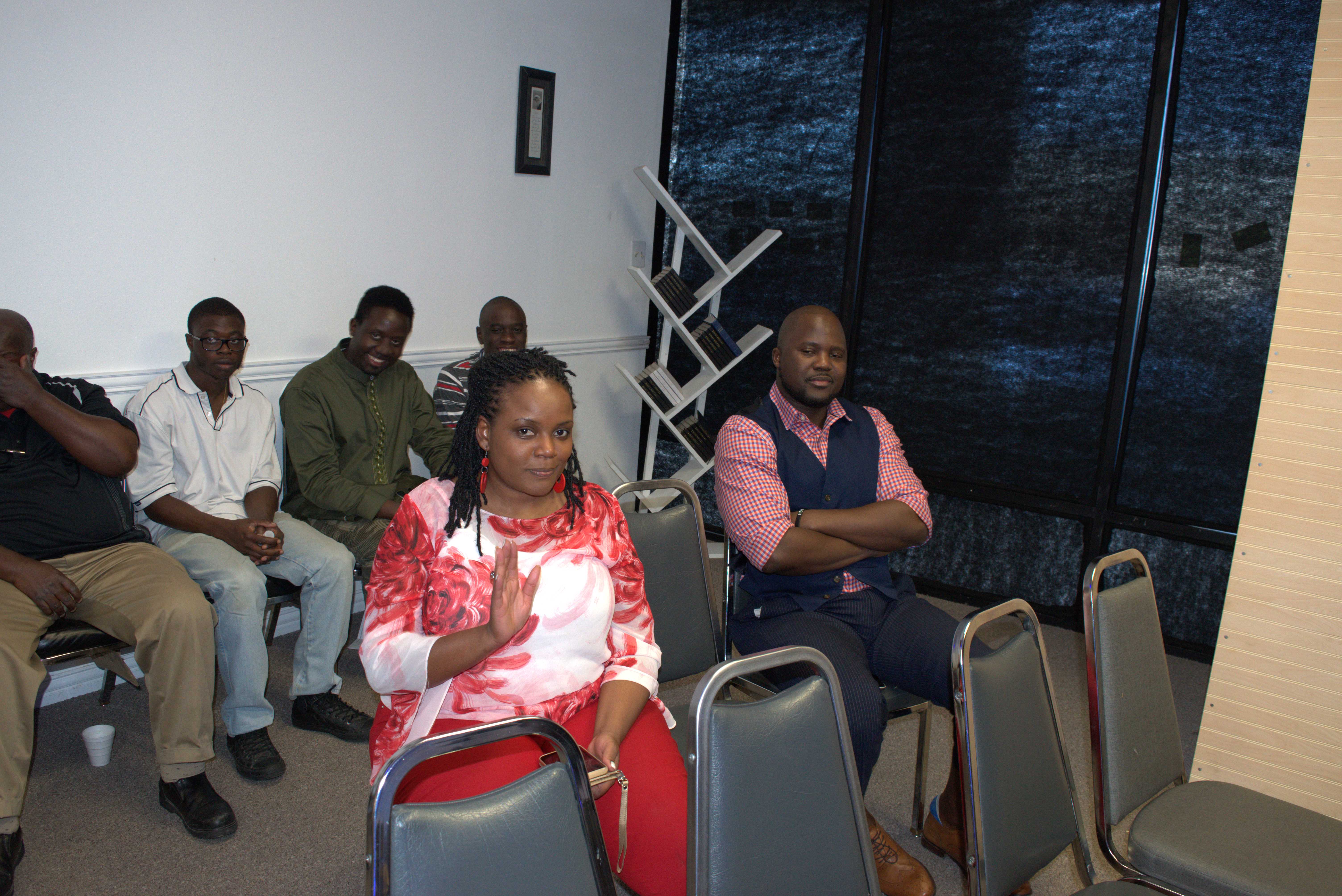
Not one who shies away from highlighting his experiences as an ex-seminarian at every asking, Dr. Eugene Arigye advised parents to ensure that the educational curriculum meets the spiritual, cultural, and future aspirations of their children. “As an ex-seminarian, I strongly encourage parents to get fully involved in the lives of their children; advising them against some social distractions that could derail their career path and becoming productive members of society.” He said that in this era of social media such as Facebook and WhatsApp, parents should start early to educate their children about some dangers posed by social networks on the academic progress and future career of their children. “Parents should constantly ask themselves whether they are playing meaningful roles in their children’s career choices as a way of ensuring academic and social progress,” Dr. Arigye said.
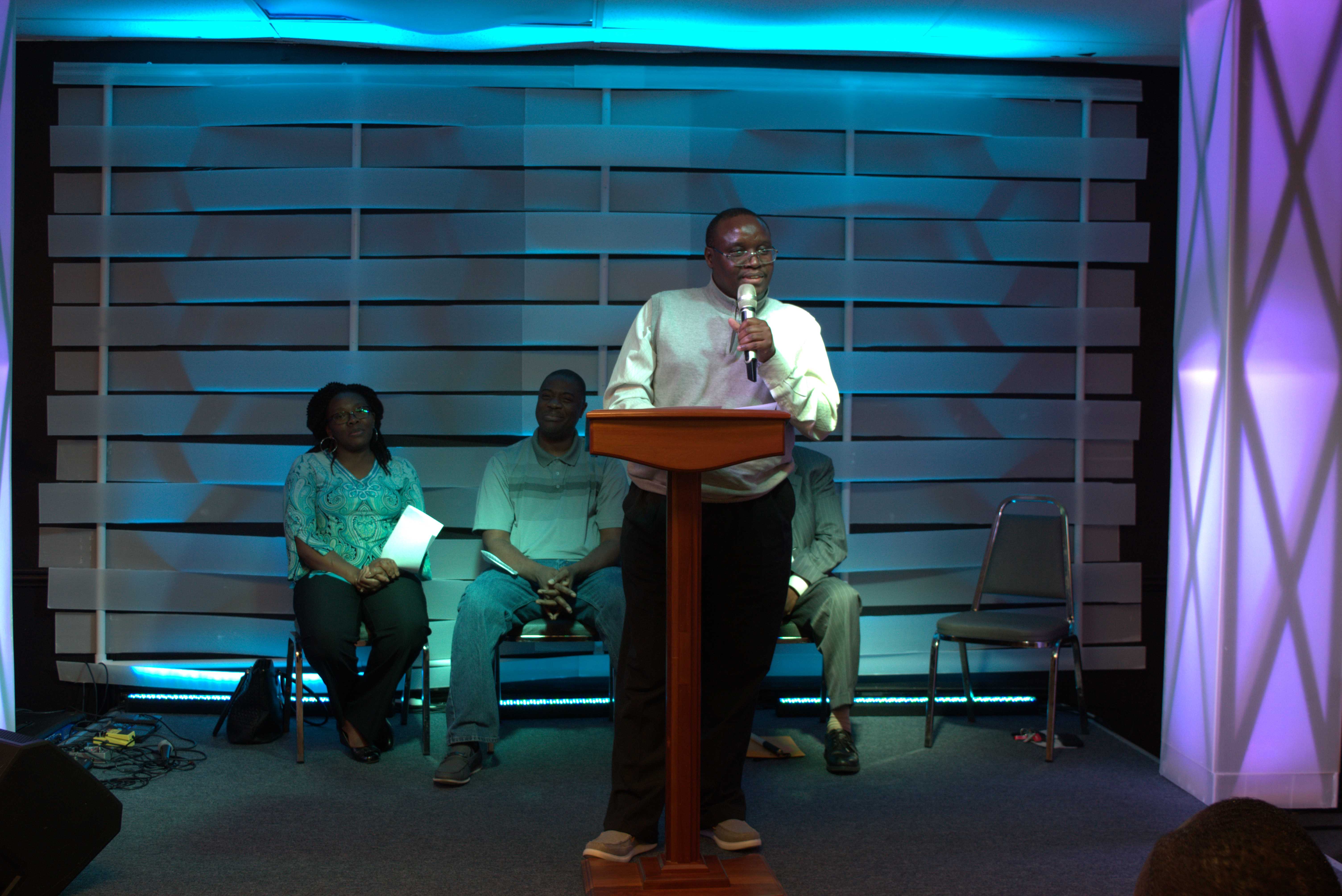
Speaking on the topic “Career Planning and Educational Opportunities”, Dr. Michael Kaluya, the program director for FOTECE advised Parents with students in middle school and high school to take interest in understanding the kind of courses their children are taking to help them prepare early for college. “I encouraged students in middle school to take pre-advanced placement (AP) classes rather than regular classes and those in high school to do likewise because advanced placement courses in addition to SAT/ACT scores are critical for admission into good universities,” the associate professor of economics said. Sounding with the authoritative knowledge of a college professor, Dr. Michael Kaluya advised that whether a student takes SAT or ACT test, there is no huge difference; students do not have to take both tests because one only needs to know the exact test required by the university one is applying to. “Ensure that you prepare for and take these college entry tests early enough; take trial tests during the first two years of high school and the real tests while as a junior or in the first semester of the senior year,” he advised.
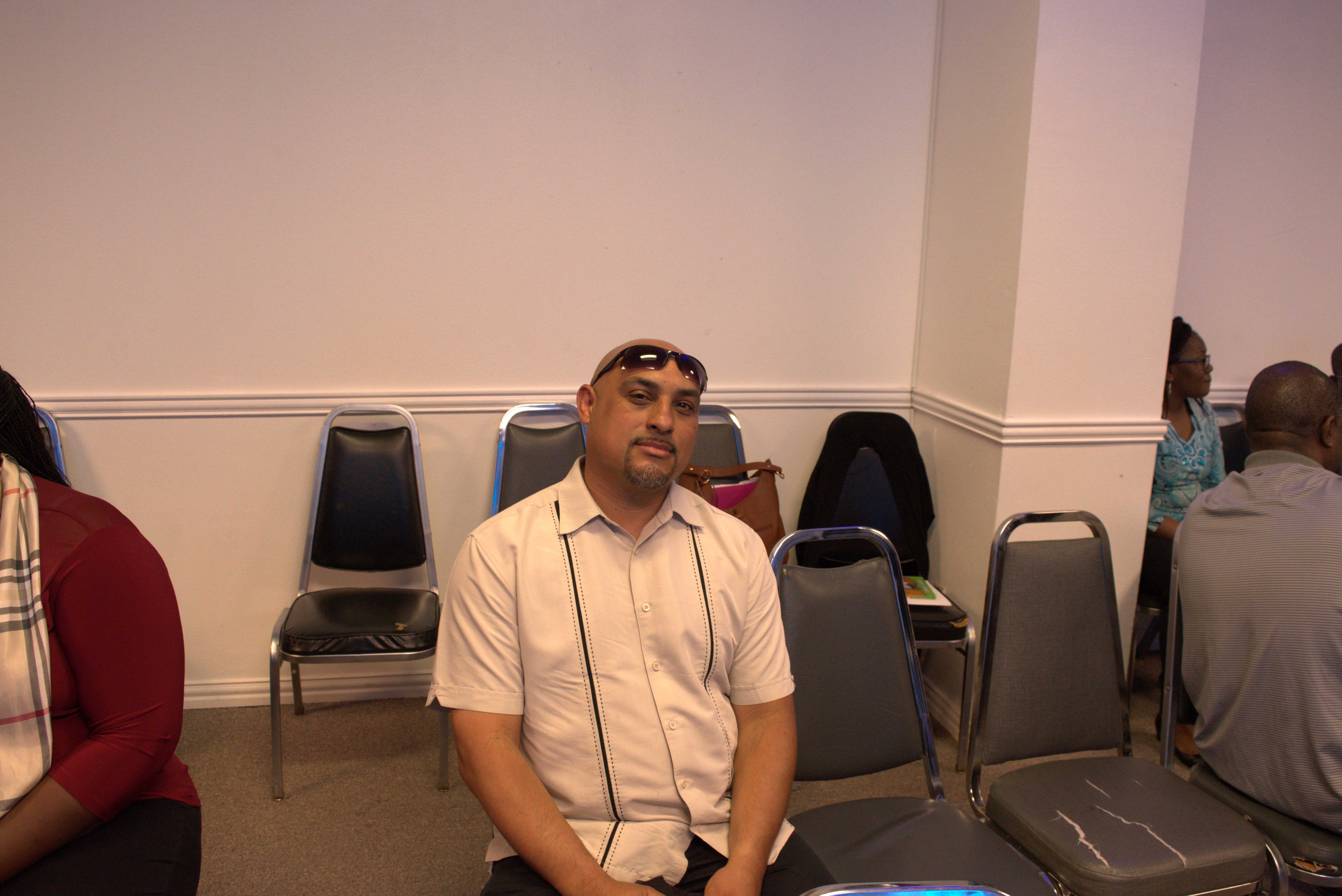
Dr. Kaluya said that for college courses, dual credit and early college high school courses are helpful in the admission of students into a highly-rated university. “A student can enter university with an associate degree through dual credit or early college high school,” Dr. Kaluya revealed. He advised students to apply for all the available scholarships for which they are eligible to fund their college education. “Early preparation in applying for these scholarships is key to winning them,” he said. He also encouraged students and parents to complete FAFSA applications early enough to determine whether they qualify for either grants or loans. He advised students considering Master’s degree programs to prepare and take admission tests like GMAT, GRE, MCAT, and others.
“Throughout these processes, students and parents should identify and use available resources for success including students’ classmates, peers, friends, teachers, community, and schools to help prepare, write the necessary essays, and apply for as many scholarships as possible in a timely manner,” the college professor advised. “Because each of these resources is critical in different areas, student need to harness and use them where they are most suited to ensure maximum benefit to their success,” he encouraged.
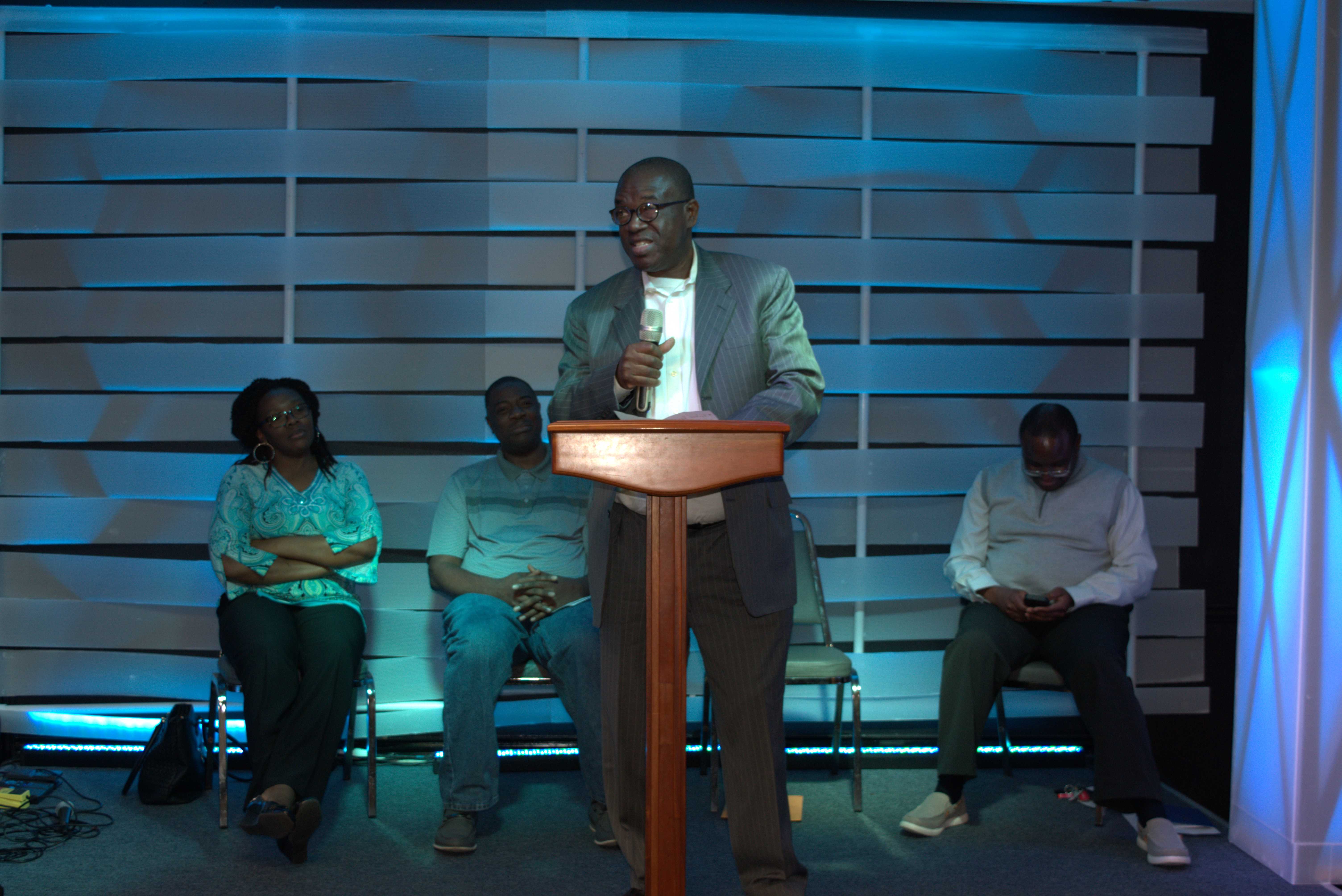
Pitching for strategies of optimizing educational opportunities including tuition reimbursements, scholarships, online classes, networking, and advancement in one’s career path, Dr. Samuel Muwanguzi, the FOTECE communication and media director, told the audience that to fully benefit from educational and career opportunities, students and working adults should engage in strategic and smart networking practices. “Strategic and smart networking practices must reflect one’s strengths, meaningful contribution to groups, institution, and value to society,” the plain-speaking communication and media specialist said. “it is not enough to have thousands of friends on Facebook and LinkedIn if you do not actually participate in activities organized by your network and making some valuable contribution to the growth and development of the network to advance its positive agenda on society,” Dr. Muwanguzi, in his characteristic extemporaneous and anecdotal style said. He said that since most employers in the USA have tuition reimbursement programs, employees should be proactive in finding out what they are entitled to and what they are not. “Start with the informal networks in your office, among peers, supervisors, ask questions, get your facts right, approach the human resource office, and then apply for the tuition waiver if you want to continue your education,” Dr. Muwanguzi advised.
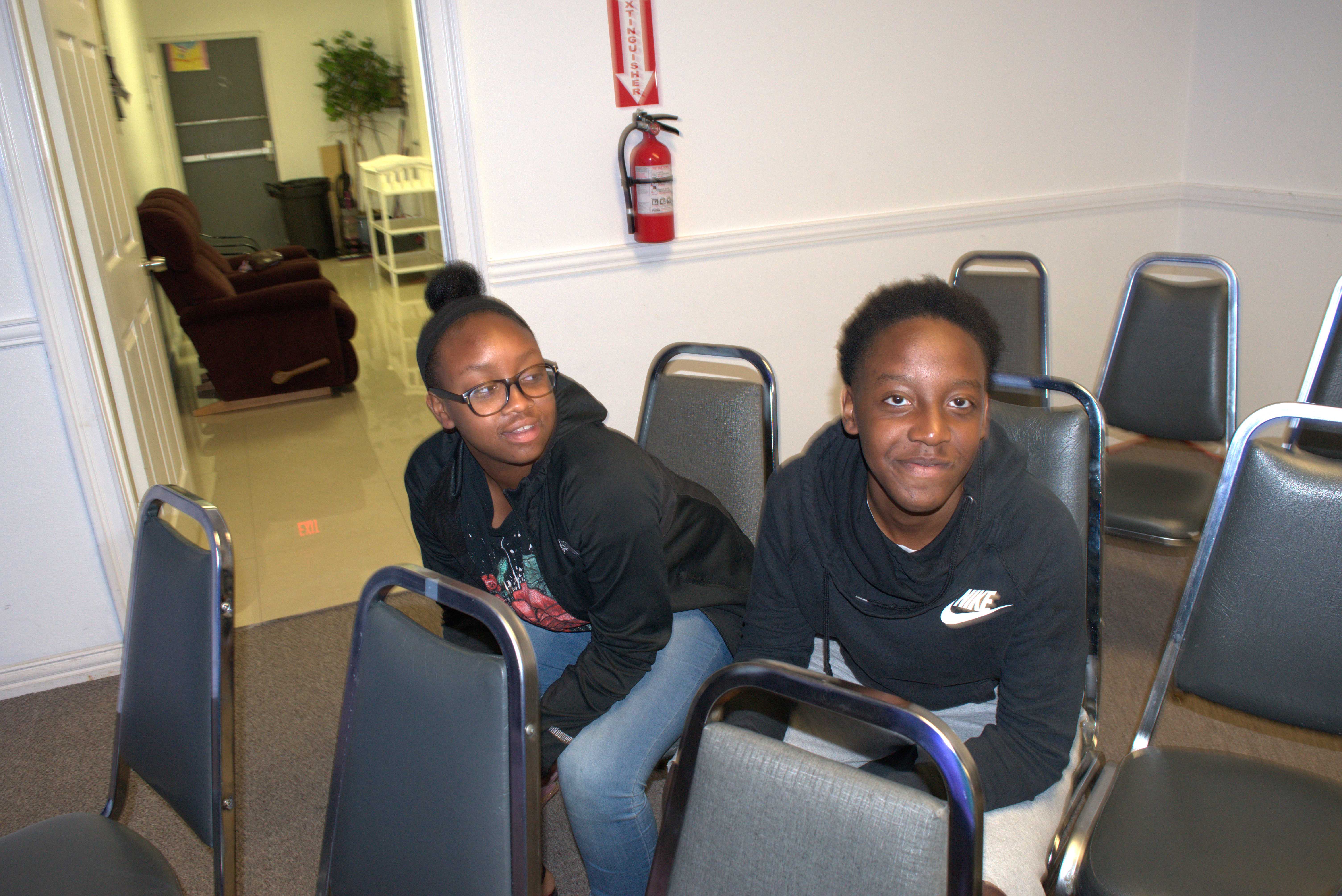
For scholarships, he challenged the audience to keep their ears on the ground as colleges and universities advertise thousands of scholarships of several categories but are very strict on deadlines. “If you procrastinate, you will not be able to win a single scholarship. But if you are diligent, you can get enough money from scholarships to fully pay for your education, get some refunds to invest, and graduate from university debt-free,” the veteran journalist said. He advised those planning to take online classes that failure to abide by strict deadlines to turn in assignments is neither optional nor acceptable. “If you are poor at time management, do not take online classes because you will fail,” he said with a straight face.
Dr. Muwanguzi said that since most organizations no longer have a one-size-fits-all career path, working adults should be very strategic, creative, and proactive in optimizing opportunities available in the organization and rationally putting their God-given talents and endowments to their benefit. Drawing from some cutting-edge research, he proposed that those with attractive physical appearances should not shy away from optimizing their erotic capital. “If you are attractive, maximize your endowment to advance your career path as long as you do not abuse your looks to manipulate others or use it as quid pro quo to derail your career path,” he said throwing the audience into bursts of laughter.
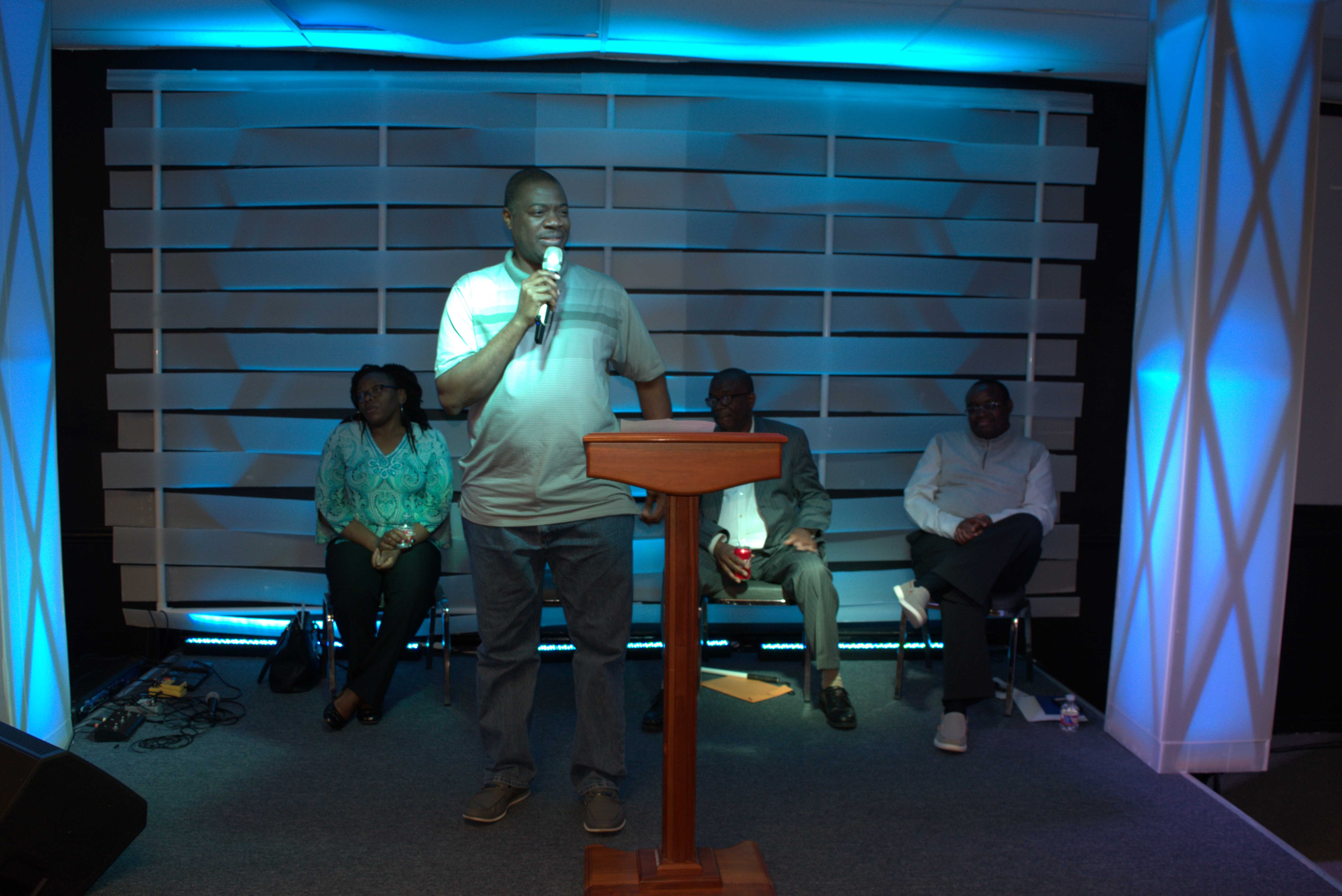
Dr. Julius Sonko, rooting for lifelong learning and practical skills, said it was a key aspect for developing skills and staying employable. “Lifelong learning does not only mean formal education, such as getting a degree, but getting to learn some other skills that add value to our lives; using a keyboard (typewriter) and fixing stuff in our homes. Why should we pay for fixing simple stuff?” he challenged. Dr. Sonko, also the finance director of FOTECE said lifelong learning can involve teaching oneself by watching ‘How it is done’ videos on You Tube. “Motivating oneself to keep learning is a life-long commitment and an ongoing skill acquisition process using available resources regardless of one’s age,” he observed. He disclosed that his father has been a car mechanic since the 60s but he has not stopped repairing vehicles yet modern cars today are not the same as those of the 1960s. “His secret weapon of keeping abreast with modern times is watching YouTube videos to learn how to repair today’s cars, “the soft-spoken don at the Dallas Baptist University said.
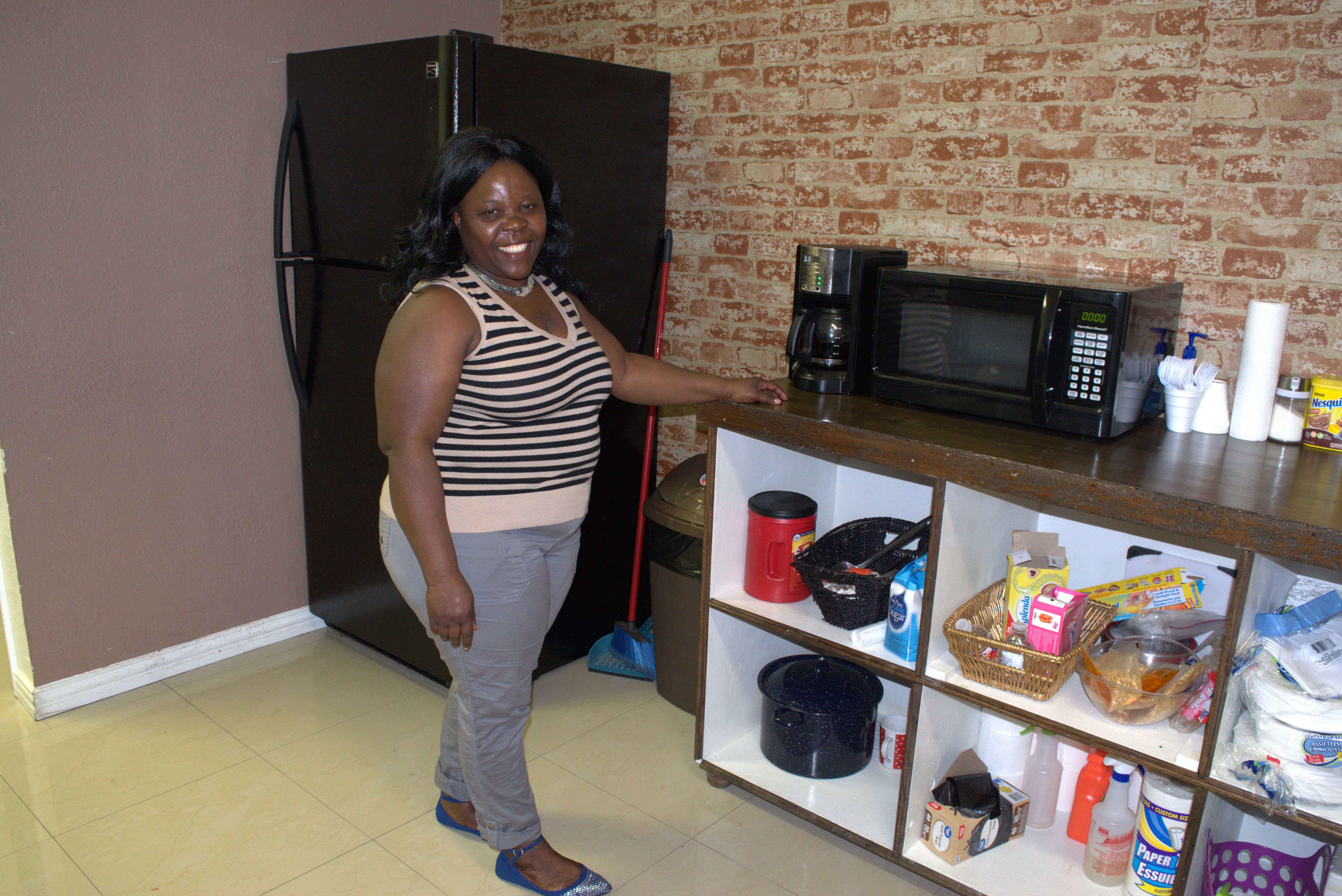
Dr. Sonko assured participants that the intention of the workshop is not to put a hammer on their heads to force them to go to school for only formal education. He said the panelists are here to encourage you to take advantage of the numerous informal and lifelong educational resources to help improve and perfect your skill and knowledge base. “Remember, the workplace is very competitive, employers are looking for the best; even if you’re self-employed,” you have to be at your best to thrive,” he advised. Dr. Sonko disclosed that over the past few years, he has had the opportunity of participating in conferences and discovered why some people are very successful at what they do. “Lifelong learners do not stopped learning; they purposely seek for ways to help them stay informed and knowledgeable as attending conferences has a place for that,” he said. “You don’t have to look far for resources but start with those easy to find and free to use such as YouTube, Google, and others,” he advised. However, “I don’t think Facebook & WhatsApp are the best resources, social media has become the number one place for time wasting–watch out!” the soft-spoken professor of finance cautioned. He encouraged participants to resolve to learn something new every year; “and if you learn something new, don’t keep the new skill or knowledge to yourself, share with someone else, “he said in his typical mellow tone.
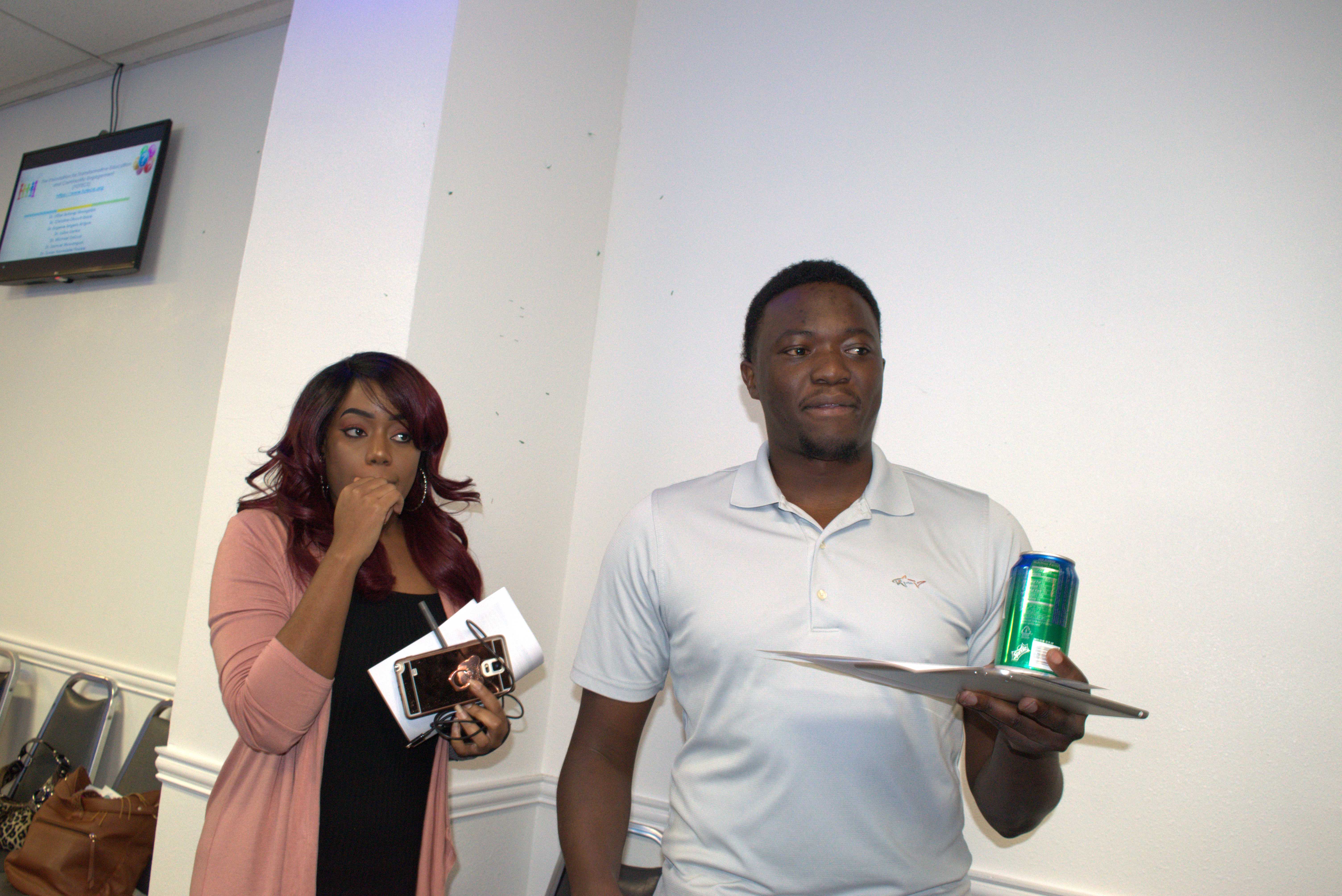
Most of the questions fielded by the panelists from the audience focused on how to fully engage in children’s education to ensure its relevance to their culture and future career, how to select and take college courses while in high school, how to apply for scholarships, how to prepare for college entry exams, how to draft statements of purposes, how to access help for students with special needs, how to take advantage of the tuition reimbursement programs from employers, how to advance one’s education and skills as a working adult, how to engage in lifelong learning, and others. Clearly, there were more questions from the audience than the time could allow the panelists to answer.
While closing the workshop, Pastor Moses Akitwine cautioned against allowing personal issues and egos to defeat a common goal. “We are to identify the enemies of progress and unity and beat them by the Spirit of teamwork”, the man of God stressed. Leading the final prayer, he sought divine intervention to ensure that whatever had been presented and discussed during the workshop become the first seeds that are planted on holy ground to germinate and multiply abundantly and manifest in ways that will transform the lives of those present and the ones with whom the blessing will be shared. “You have definitely planted the first seeds on holy ground and they will bear fruit to benefit humanity,” the pastor thundered in his deep baratone.
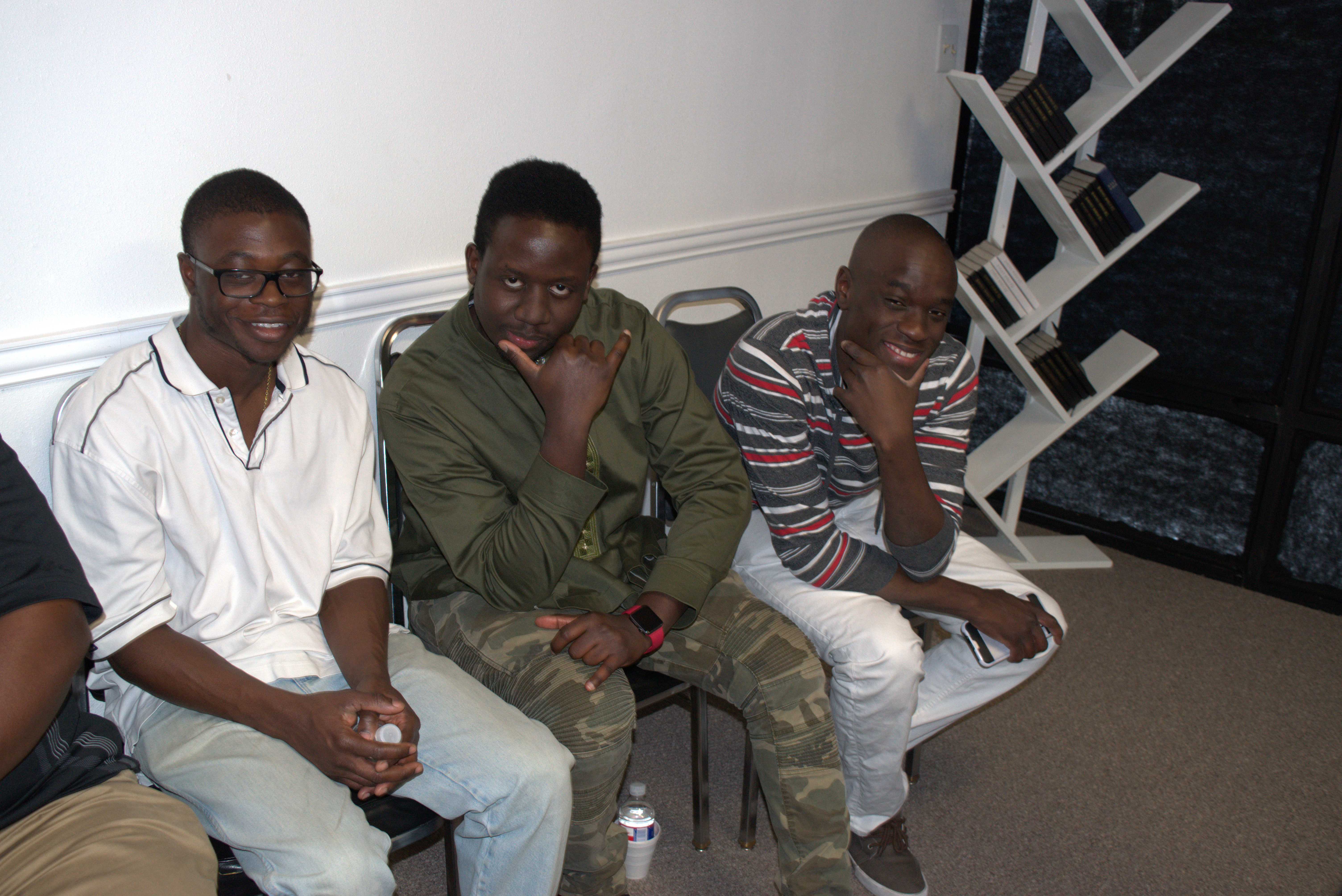
As the saying goes, “Every idea is a seed, and will bring forth according to its character, modified somewhat by the kind of mind soil in which it is planted.” Prophetically, seeds planted in fertile soils produce according to divine design. “Isaac sowed seed in that land, and in the same year reaped a hundredfold.” (Genesis 26:12).
At the end of the workshop, the audience chanted: “Give us some more,” in a chorus that echoed through the church building. What more? The Oliver Twist-like message was unmistakable. Who could begrudge the seekers?


